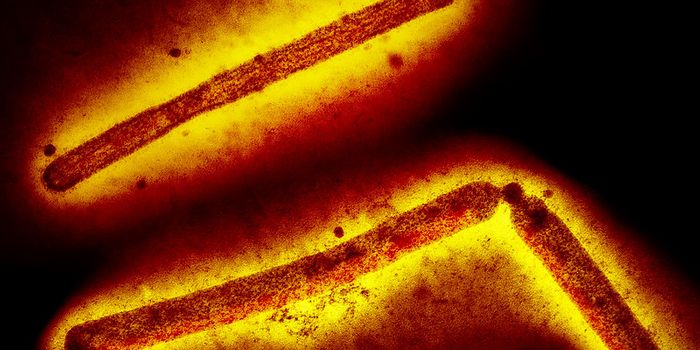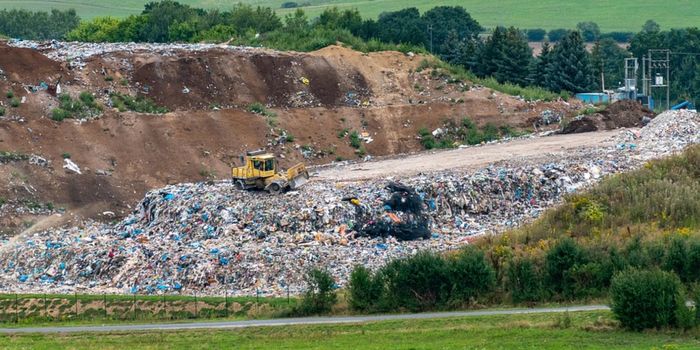By now, you’re probably all familiar with the Flint, Michigan, water crisis. In April 2014, Flint began sourcing its drinking water from the Flint River instead of the Detroit water system. Problem is, water from the Flint River was corrosive enough to degrade the water pipes, leaching lead into the drinking water.
What you may not know, however, is that outbreaks of Legionnaire’s disease also accompanied this switch in water sources. The corrosive and organic components of the river water prevented it from being effectively decontaminated, letting pathogenic bacteria into the water supply.
Legionnaire’s disease is caused by the Gram-negative bacteria Legionella pneumophila. Legionnaire’s a a flu-like illness that causes cough, fever, muscle pain, and headache. The mortality rate is around 10% (quite high for a water-borne disease), and 12 of 91 people infected died during the height of the Flint water crisis. Fun fact - Legionella got its name after it sickened people attending an American Legion convention in 1976 (221 attendees became ill, and 34 died).
Researchers sampled water from buildings in Flint before the city switched back to the Detroit water supply. About half of the buildings sampled had water that was positive for Legionella, compared to samples from other locations that had never sourced water from the Flint River.
The Legionella levels have decreased since Flint switched back to the Detroit water supply, but researchers warn that cases of Legionnaire’s could increase during the summer.
According to study author Otto Schwake, “the improved water quality that we and other groups are seeing in Flint has played a role in reducing the
Legionella numbers … but the caveat is that Legionella likes hot temperatures. In March, when it’s still snowing in Flint, the tap water is still cold and that could have impacted our numbers. So it will be very critical to continue monitoring the system going forward into the hot months.”
Sources: American Society for Microbiology, Healio News, Wikipedia









